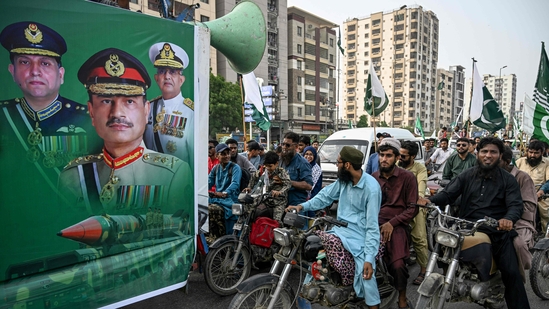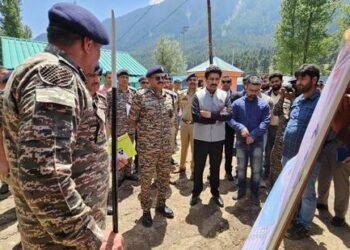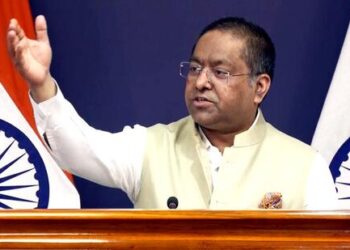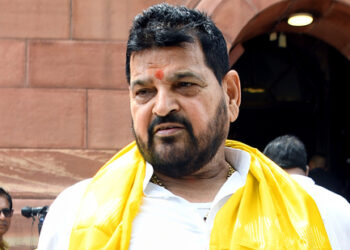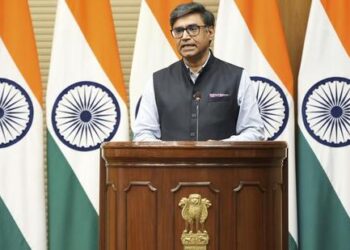The Pakistan Markazi Muslim League (PMML), a political offshoot of the banned terrorist group Jamaat-ud-Dawa led by 26/11 mastermind Hafiz Saeed, has surged back into public life with a series of coordinated pro-military and anti-India rallies. The outfit, which had remained largely dormant, has now become hyperactive following the April 22 Pahalgam terror attack in Jammu and Kashmir, allegedly carried out by Pakistan-based operatives.
According to a Press Trust of India (PTI) report, the PMML held demonstrations in more than 50 cities across Pakistan, aligning its campaign with the observance of Youm-e-Takbeer on May 28 — the day Pakistan became a nuclear power in 1998 after conducting six nuclear tests in Balochistan’s Chaghi mountains. These rallies were reportedly organized with the support of the federal government as well as the provincial governments of Punjab and Sindh.
Major cities such as Islamabad, Lahore, Karachi, Peshawar, Quetta, Multan, Faisalabad, Bahawalpur, and Rawalpindi witnessed significant turnouts, with the PMML using the rallies to reinforce public support for the Pakistan Army and Field Marshal Asim Munir, the army chief recently elevated to the country’s highest military rank.
Speaking during the Karachi rally, PMML President Khalid Masood Sindhu declared, “On Youm-e-Takbeer, the entire nation stands united behind its armed forces. This is the day we became a nuclear power and reaffirmed our sovereignty.” Sindhu also used the platform to criticize India for what he called “violations” of the Indus Waters Treaty. The PMML recently held a “Kisan March” in Lahore to oppose New Delhi’s decision to suspend water sharing under the historic treaty, signaling an escalation of rhetorical warfare from Pakistan’s radical factions.
The rallies come just weeks after India launched “Operation Sindoor,” which reportedly caused significant damage to Pakistan’s terror infrastructure. Despite the ceasefire agreement between the two countries on May 10, anti-India rhetoric within Pakistan remains high, with groups like PMML leading the charge in shaping public discourse.
Observers have noted the concerning resurgence of a political group with terror links gaining legitimacy and operational space under the watch of state authorities. Analysts warn that this development could undermine regional stability and question Pakistan’s commitment to de-radicalization.








 India
India
